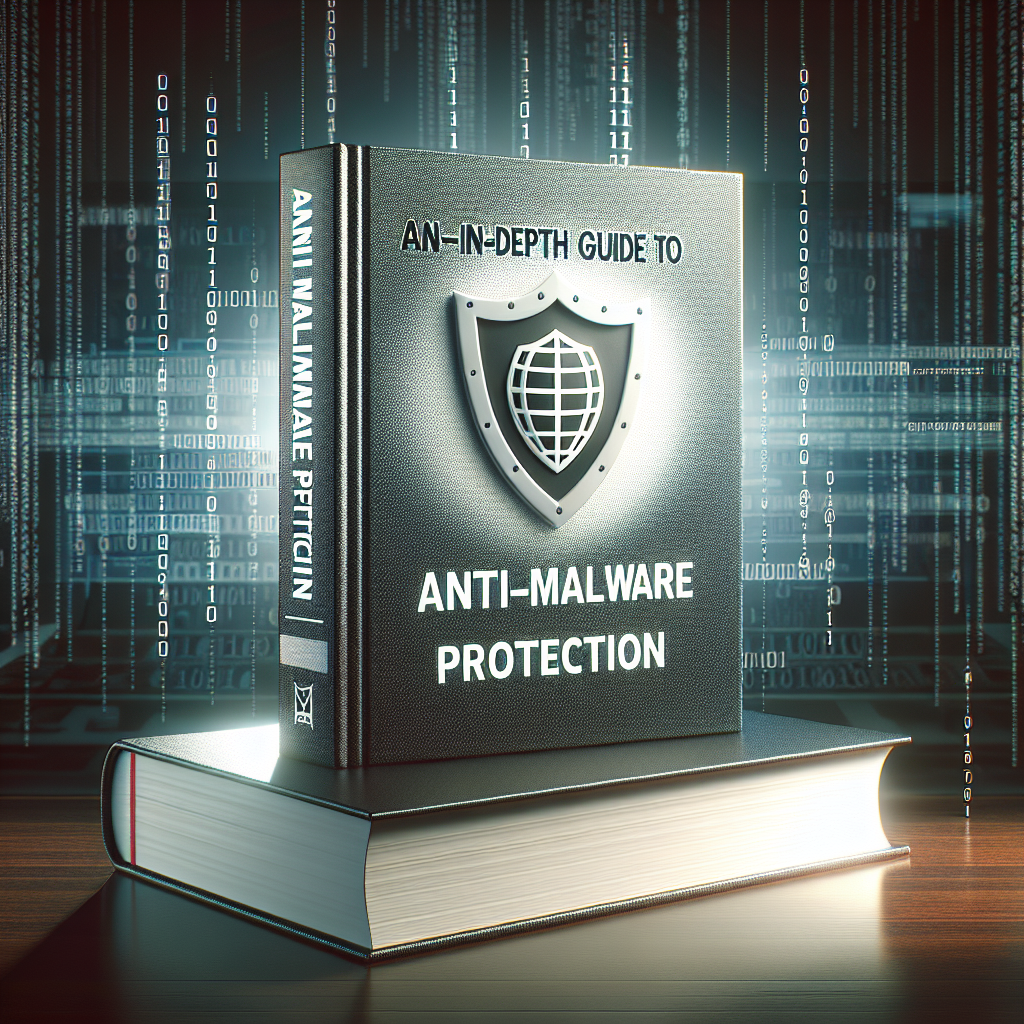Malware, short for malicious software, is any program or file that is harmful to a computer user. It includes computer viruses, worms, Trojan horses, and spyware. These malicious programs can perform a variety of functions, including stealing, encrypting or deleting sensitive data, altering or hijacking core computing functions and monitoring users’ computer activity without their permission.
In today’s digital age where most of our personal and professional information is stored on our computers and online, protecting ourselves from malware is crucial. This is where anti-malware security comes in. Anti-malware protection is a specific type of software designed to prevent, detect and remove malicious software on computing devices, networks and IT systems.
What is Anti-Malware Protection?
Anti-malware software, also known as an antivirus, is designed to defend your computer against threats. These programs are designed to scour your computer for old and new threats, including viruses, Trojan horses, adware, spyware, and more. Once these threats are identified, the anti-malware software will quarantine and delete them, to keep your computer and information safe.
The Importance of Anti-Malware Protection
As reliance on the internet and computing devices continues to grow, so does the risk of falling victim to malware attacks. Anti-malware protection is critical in defending your devices from these constant threats. From personal banking information to sensitive business data, anti-malware protection plays a crucial role in keeping valuable and confidential data safe.
Anti-malware protection is also a necessary defense mechanism against the loss of computer functionality. Some malware can cripple system processes, cause system crashes, or otherwise render your computer inoperable.
Choosing an Anti-Malware Program
When choosing an anti-malware program, there are several things to consider. Firstly, ensure that the software is from a reputable source. Look for software that offers real-time protection. Real-time protection works by scanning your computer constantly, which provides a higher level of protection than those that only offer on-demand scanning.
Also, pick a software that offers automatic updates. With new threats emerging daily, having the most up-to-date protection is key. Finally, ensure your chosen software protects against a wide range of threats. The best anti-malware software will protect against viruses, spyware, and other forms of malware.
Best Practices for Anti-Malware Protection
After choosing an anti-malware protection, maintain it in an optimal state. Always keep your software updated to the current version. Also, perform regular full scans of your computer to ensure no threats are hiding in unobvious places.
While anti-malware is essential, it’s also important to engage in safe online behavior. Be careful when clicking on links, especially those found in unsolicited emails. Additionally, regularly update your computer’s operating system and other software, as outdated software often has vulnerabilities that can be exploited by malware.
Conclusion
Anti-Malware Protection is crucial in today’s world full of digital threats. It adds a critical level of safety and security that can greatly reduce the risk of falling victim to malicious software attacks. Remember, the best defense is a good offense. And that is exactly what anti-malware programs provide: a strong offense against threats to your digital security. Stay safe, stay protected.
Frequently Asked Questions
- What is the difference between Anti-Malware and Antivirus?
Antivirus refers to the older security software designed to detect and eliminate virus attacks while anti-malware, which has evolved from antivirus software, can combat against all types of malware including viruses. - Do I really need Anti-Malware?
Yes, with the increasing number of malware threats, having anti-malware software installed on your devices is crucial in safe-guarding sensitive information and maintaining the functionality of your systems. - Will Anti-Malware slow down my computer?
A good anti-malware software will not slow down your computer. Instead, it will optimize your computer’s performance by detecting and eliminating malicious software interrupting its functions. - Can Anti-Malware remove existing infections?
Yes, anti-malware software is designed to not only prevent malware infections, but also detect and remove any existing infections on your computer. - Are free anti-malware programs effective?
While free anti-malware programs can provide some level of protection, they often lack the comprehensive security features that paid programs offer. Therefore, investing in a reliable, paid anti-malware program is often more effective and beneficial in the long run.

